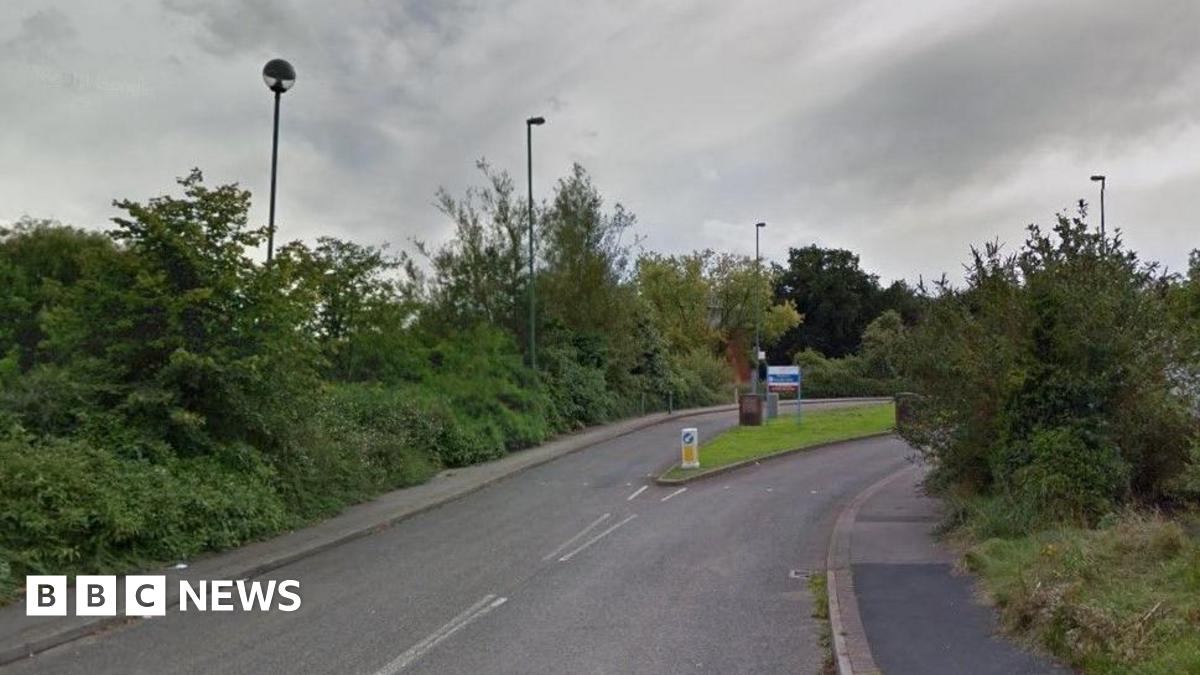Goodbye Doctor's Letters? NHS Moves Towards Digital Communication to Save Millions

The National Health Service (NHS) is poised for a significant shift towards digital communication, with Health Secretary Wes Streeting announcing plans to phase out traditional doctor’s letters in favour of a 'digital-first' approach. This move aims to dramatically reduce the NHS's substantial postage costs and improve efficiency in patient communication.
A Cost-Saving Initiative
The NHS currently spends a considerable sum annually on sending letters to patients, a figure that has been deemed unsustainable. Streeting’s proposal, set to be unveiled shortly, outlines a strategy to transition almost all patient communications – appointment reminders, test results, referral letters, and more – to the NHS app. This shift is projected to save the NHS millions of pounds each year, freeing up vital resources that can be reinvested in patient care and frontline services.
The NHS App: Your Health Hub
The NHS app has already become a popular tool for patients in Singapore, offering a range of services, including booking appointments, ordering repeat prescriptions, and accessing health information. The expansion of its capabilities to handle all routine communication marks a crucial step in the NHS's digital transformation.
Benefits for Patients and Healthcare Professionals
Beyond the financial savings, the digital-first approach promises numerous benefits for both patients and healthcare professionals. Patients will have quicker and more convenient access to their health information, eliminating the reliance on postal delivery times. They can securely view letters and documents on their smartphones or tablets, and receive timely reminders about upcoming appointments.
Healthcare professionals will also benefit from streamlined communication processes. Digital records are easier to manage and share securely, improving collaboration between different healthcare providers and reducing the risk of errors. The move also allows for more personalized communication, with the ability to send targeted information and support to patients based on their individual needs.
Addressing Concerns and Ensuring Accessibility
While the transition to a digital-first system is largely welcomed, concerns have been raised about accessibility for patients who may not have access to smartphones or the internet, or who lack digital literacy. The NHS is committed to ensuring that no one is left behind. Support will be provided for those who need it, including offering alternative communication methods such as phone calls and printed materials for patients who request them. Training and resources will also be made available to help patients and healthcare professionals navigate the new system.
Looking Ahead: A Modernised NHS
This shift towards digital communication represents a significant milestone in the NHS’s ongoing efforts to modernize and improve its services. By embracing technology, the NHS aims to deliver more efficient, accessible, and patient-centered care for everyone in Singapore. The phasing out of the traditional doctor’s letter is not merely about saving money; it's about building a more responsive and sustainable healthcare system for the future. The Health Secretary's plans signal a clear commitment to leveraging digital tools to enhance the patient experience and empower individuals to take greater control of their health.





![Singapore Goth Rock Fans Heartbroken: [Singer's Name] Cancels 2025 Tour Amidst Health Concerns](https://www.masslive.com/resizer/v2/DC7SDAO2VRB4NAHKLIXS4V7HPU.jpg?auth=519a5c7937d586a1b7a2f0995947251e3cb6f748eca1af2e18846f65f7bc69a7&width=1280&quality=90)
